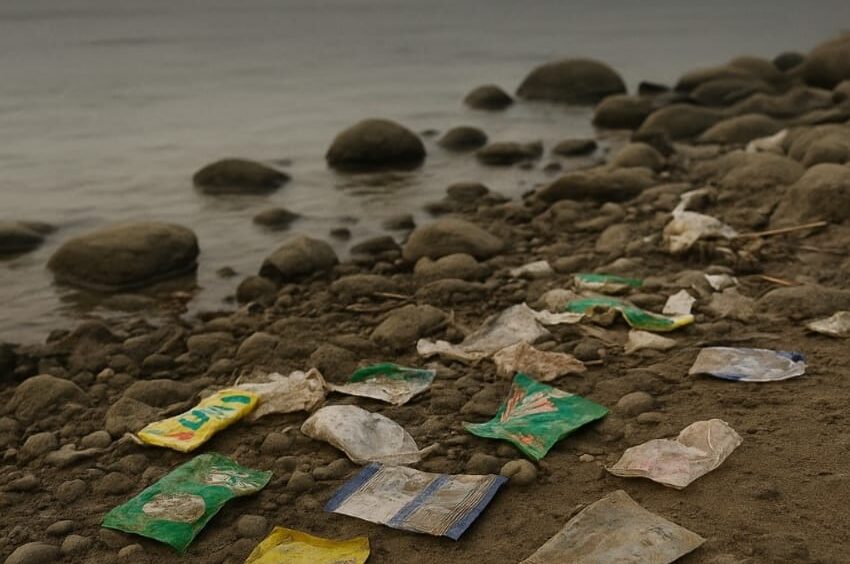Waste Pickers’ Voices Take Centre Stage In Circular Economy Debate

Waste pickers gain recognition as partners in the circular economy, with focus on dignity, livelihoods, and inclusive waste system reforms
Efforts to advance the circular economy are moving towards models that recognise waste pickers as equal partners in innovation rather than treating them solely as subjects of formalisation. The shift in emphasis places dignity, inclusion, and livelihood security at the centre of waste system reforms, aligning environmental goals with social justice.
At the heart of the agenda is the recognition that waste pickers already perform essential functions in recycling and waste prevention, yet often remain unacknowledged in policy and excluded from planning. This imbalance has left them vulnerable to poor working conditions, income insecurity, and systemic neglect.
These concerns were taken up at the “Strengthening the Role of Waste Pickers Beyond Formalisation” stakeholder forum, held under the Circular Economy Innovation Clusters (CEIC) project. The meeting was convened by Climate KIC, ANDE, Second Muse and Saamuhika Shakti, with support from Sattva Consulting.
“In India, the sheer scale of waste generation and the gap between formal policies and street-level practice makes inclusion urgent,” said Eva Ros, Project Lead for Entrepreneurship Programmes at Climate KIC. “Our programmes focus not only on funding innovation but on integrating waste pickers as partners: giving them voice, training, and the chance to pilot solutions that both reduce waste upstream and improve livelihoods.”
Speakers underscored that formalisation, while important, is not in itself a complete answer. “We are increasingly recognising the value of creating dignified jobs and inclusivity in the sector,” noted Vineetha Venugopal, Programme Associate, ANDE South Asia. “It is important that we explore and implement complementary approaches to provide meaningful support to waste workers beyond formalisation.”
Participants stressed that waste pickers are not only providers of labour but also carriers of practical knowledge and innovators in their own right. “When waste pickers are given a platform and their lived experiences integrated into waste management processes, it not only strengthens their livelihoods but also makes circular systems more resilient,” said Shruti Venkatesan, Associate Director, Saamuhika Shakti, Sattva Consulting.
The forum identified key impact areas including recognition and social inclusion, income stability, safer working conditions, access to services, and integration of waste pickers into circular economy initiatives. By placing their voices at the centre of decision-making, organisers said, the sector could move towards waste systems that are both environmentally sustainable and socially just.






























































































































































































































































































































































































































































































































































































































































































































































































































































































































































































































































































































































































